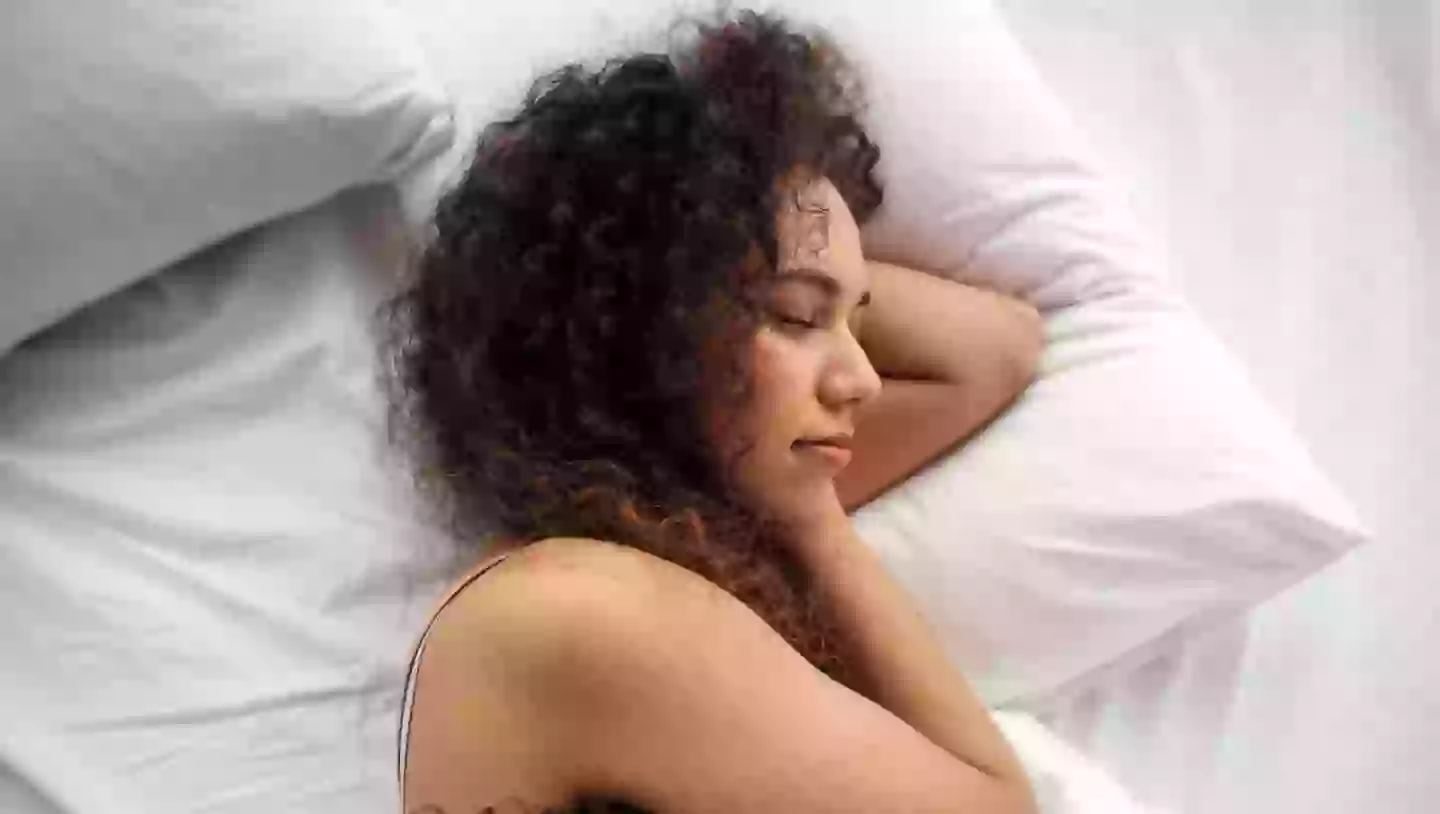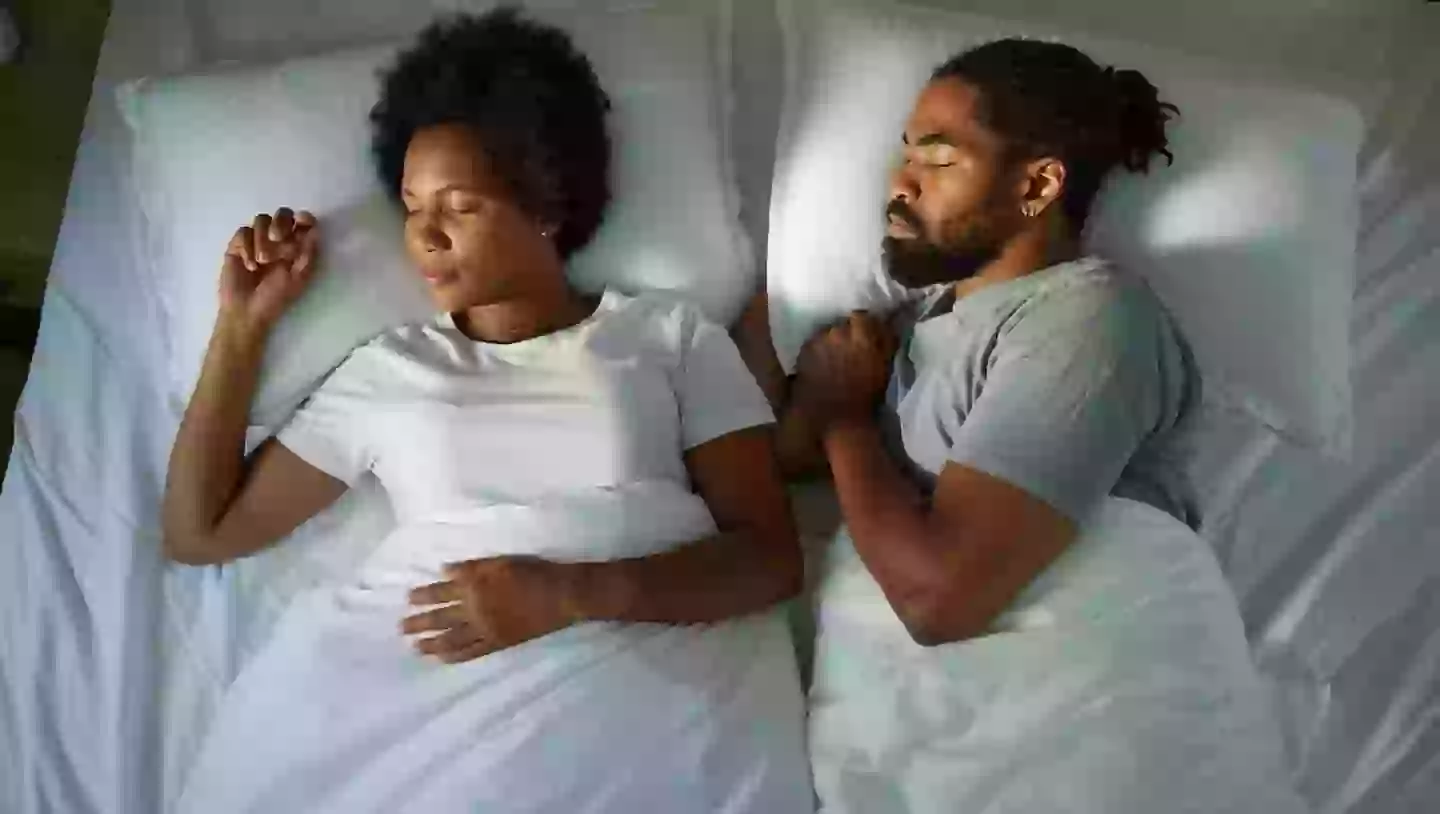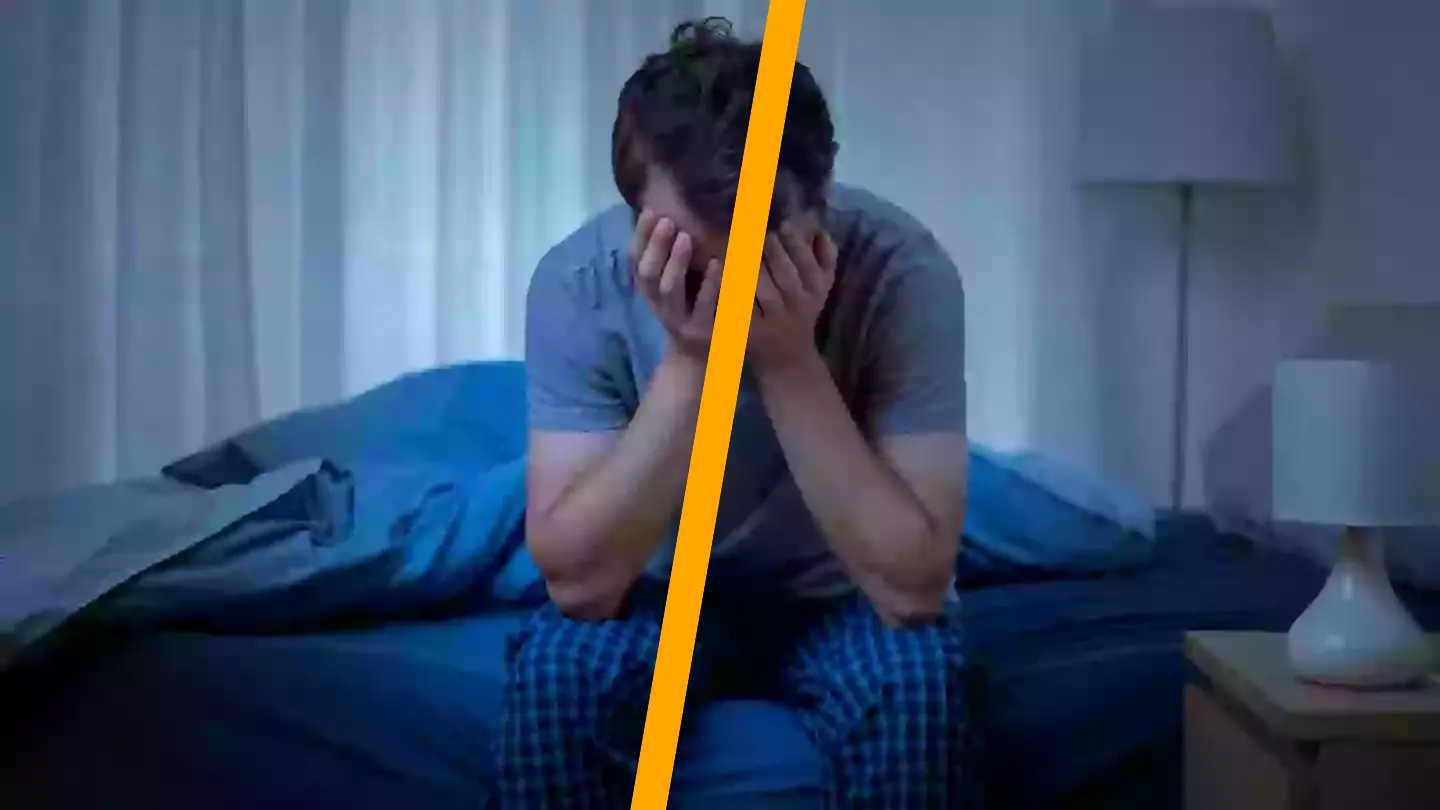Specialists have provided valuable guidance on enhancing sleep hygiene after survey data indicated a significant number of Americans frequently awaken during the night.
In March, US News shared its yearly survey, which gathered information from numerous US residents about their sleep patterns.
The survey surfaced some compelling insights, such as the startling revelation that 89 percent of US adults regularly wake up during the night.
The survey also revealed concerning facts, such as 20 percent of adults sleeping only four to five hours of the recommended seven hours each night.
Additionally, an over-reliance on caffeine was identified as a sleep impediment for some individuals. So, what challenges do Americans face in securing a good night’s sleep?

Experts suggest that several factors could be contributing to these sleep difficulties.
Wendy Troxel, a RAND Corporation senior behavioral scientist and licensed clinical psychologist, identifies stress as a primary reason for nighttime sleep disruptions.
“Given the stress and uncertainty in today’s world, it is not particularly surprising that a striking number of people are facing trouble staying asleep,” she told Fox Digital.
A 2022 national survey by The Ohio State University Wexner Medical Center found that stress might increase heart rate, blood pressure, cause stomach issues, and muscle tension—leading to greater alertness and making sleep more elusive.

Troxel also notes that individuals residing in heavily polluted areas might find it harder to sleep peacefully.
Similarly, those living in warm climates may experience ‘fragmented sleep’ since temperature significantly influences the body’s circadian rhythm.
“As part of the circadian rhythm (which regulates sleep-wake cycles among other things), the body’s core temperature naturally decreases at night, signaling that it’s time to sleep,” the expert stated.
A 2024 study by the National Institute of Health (NIH) also reported that air pollution and climate change could impair sleep quality, impacting both physical and mental well-being.
Another element contributing to insufficient sleep is the menstrual cycle.
“Hormonal fluctuations throughout the menstrual cycle and during menopause influence thermoregulation and can contribute to sleep disruptions in women,” Troxel said.
She further described menopause as a ‘significant factor’ in sleep disturbances.

Experts propose various methods to enhance sleep hygiene, such as refraining from smartphone use before sleeping.
“Our circadian drive is that central clock telling us when we’re supposed to be awake and asleep, and that is driven by light more than anything,” said Dr. Aneesa Das, a professor of internal medicine at Ohio State University, as per The American Institute of Stress.
“When we use our smartphones and our TVs right before bed, we increase that bright light exposure at the wrong time.”
Dr. Das also suggests minimizing light exposure after sunset to optimize sleep quality.
Additionally, it’s recommended to use the bed exclusively for sleep, maintain regular sleep and wake times, even during weekends.
The survey also indicates that significant improvements could result from going to bed earlier and using relaxation techniques.
Troxel advises ‘investing in a temperature-regulating mattress,’ adding: “Mattress pads can also help maintain a comfortable temperature throughout the night.”
If these strategies prove ineffective, Troxel suggests engaging in a ‘distracting’ activity like reading or stretching to ‘break the habit’ of wakefulness.

